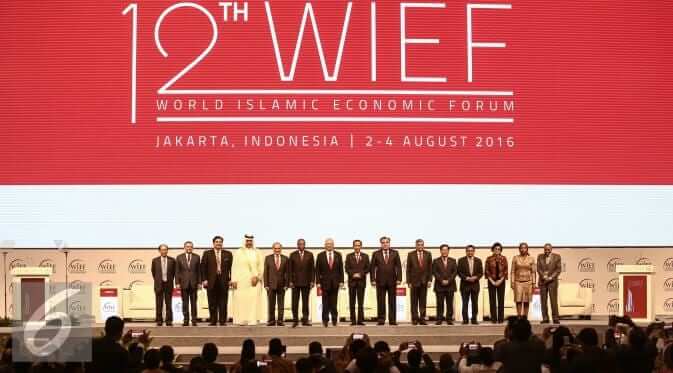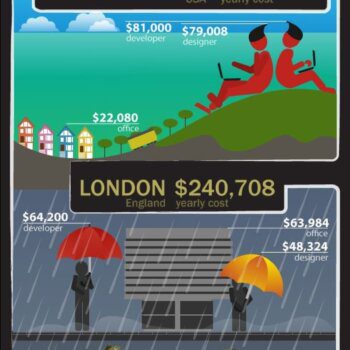The 12th World Islamic Economic Forum (WIEF) with the theme, “Decentralising Growth, Empowering Future Business” was held in Jakarta on 2-4 August 2016.
The Forum was held in the wake of geopolitical uncertainties, and climate change.
The Opening Session of the 12th WIEF was addressed by the President of Indonesia, Prime Minister of Malaysia and Patron of the WIEF Foundation, Leaders from Tajikistan, Guinea, Sri Lanka and Jordan, Special Representatives of the Governments of South Africa, Cambodia, Qatar, Pakistan, Bangladesh and Algeria, the Minister of Finance of Indonesia, the President of the Islamic Development Bank and the Chairman of the WIEF.
The Forum was also attended by 4080 participants from 73 countries including 2 former Leaders, 12 Ministers, 10 Vice Ministers, leading corporate figures, businesswomen, young entrepreneurs, thought leaders, academia, representatives of the creative arts and the media.
The Forum discussed topics relevant to the expansion of the global halal ecosystem, enhancing the inclusiveness of Islamic finance, the improvement of the MSME environment, the support of startups and the development of the creative industry.
The Forum continued to promote the Islamic economy with emphasis on creativity and innovation through a variety of formats including Panel Discussions, Masterclasses, Business Exchange, Ideapad, Pitching Sessions, LinkedUp, Special Complementary Programmes, Sponsors Programmes, Country Investment Programmes, an SME Exhibition, Marketplace of Creative Arts and a Business Networking Breakfast.
The Leaders highlighted that:
- Growing inequality continues to defy solutions for inclusive development,
- Centralised development tends to overlook or even marginalise large sections of society in many countries,
- The unintended consequence of innovative technology often was the enrichment of a few,
- The potential of the young population of the developing world has not been effectively utilized,
- The importance of enhancing media strategy to improve global perception of Islamic world investments and business potentials.
Notable recommendations for overcoming these challenges and addressing the issues of decentralisation and empowering business include the following:
- To promote and support an enabling environment including access to finance, for the development and corporatisation of MSMEs and co- operatives to address job creation, income generation and to unlock economic opportunities in rural communities,
- To harness the use of innovative training to provide youth with modern skills to enhance their economic exchange value as well as to infuse Corporate Social Responsibility (CSR) for promoting wider social benefit out of the application of innovative technology,
- To expand the use of Islamic Finance to grow the halal ecosystem, modest fashion industry, infrastructure development and Social Finance,
- To develop strategies to enhance the potential of creative industries to spread economic growth.
- To harness the use of disruptive technologies for the wider benefit of a more inclusive society,
Ten agreements relating to real estate, medical facility, halal industry, franchise industry, Islamic finance and capital market amounting to USD899.6 million were exchanged during the Forum.
The Forum recorded its appreciation to H.E. President Joko Widodo and the Government of the Republic of Indonesia for hosting the 12th WIEF in Jakarta, Indonesia and for the warm hospitality accorded to all participants.
The Forum also acknowledged the contribution and support of Members of the International Advisory Panel, Partners, Sponsors, Role Players, Secretariat and Volunteers.





























